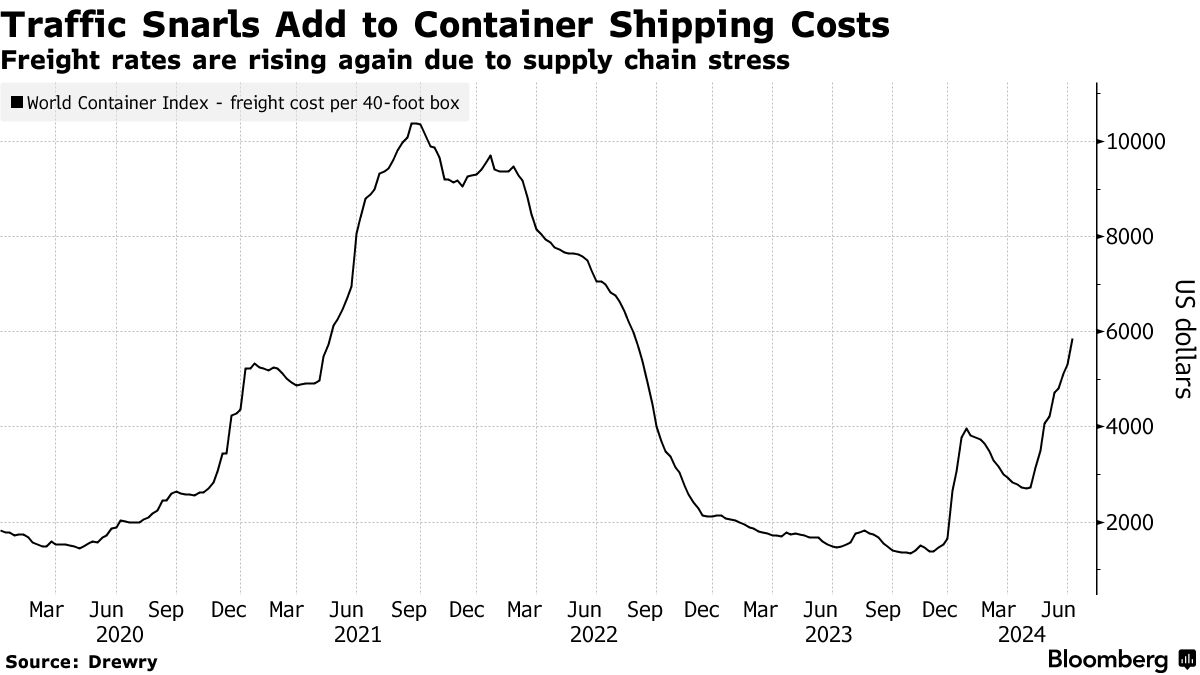Express Tribune - US itself pushing Asean closer to China
A peaceful, stable and resilient region is the lifeblood of ASEAN Community Vision 2025, which is built upon three pillars: Political-Security Community; Economic Community; and Socio-Cultural Community. To implement this vision, the bloc strives to maintain peace and stability, integrate markets and build a community with enhanced capacity and capability to respond effectively to challenges and seize opportunities.
China's Global Security Initiative (GSI) – underpinned by six commitments, including respecting territorial integrity of all countries; abiding by the principles of the UN Charter; and peacefully resolving differences through dialogue – is believed to challenge the US-led security. It fits well with ASEAN's Treaty of Amity and Cooperation that embodies universal principles of peaceful coexistence and calls for mutual respect for sovereignty, non-interference and settlement of disputes peacefully.
There is another striking similarity between the GSI, which seeks to build partnerships based on mutual trust, inclusiveness and win-win cooperation, and consolidate the political foundation for regional peace and ASEAN's vision that aspires to collaborate and cooperate with like-minded partners to promote stability in the region.
rest of the article
The South China Sea (SCS) is perhaps the only major source of friction between ASEAN and China, making the strategic waterways a regional flashpoint and shoving it to a great power competition between China and the US. But the Southeast Asian states do not want to drag themselves in such a situation where they have to choose between the two economic and military heavyweights.
Then there is the Declaration of Conduct on the SCS that stipulates all parties to resolve their disputes by peaceful means. However, it doesn't mean China and ASEAN should not expedite the process of completing the Code of Conduct, which is crucial to prevent the region from sliding into instability as evidenced by the recent Beijing-Manila stand-offs in the SCS.
This is also vital for China given ASEAN in 2021 agreed to elevate their relationship with China to comprehensive strategic partnership and looked to strengthen their ties. Year 2023 marked a milestone for the China-ASEAN relationship since nearly all leaders of the bloc had visited Beijing. During Chinese President Xi Jinping's trip to Vietnam, the leaders of the two countries announced establishing a strategic China-Vietnam community of "shared future", indicating a region-wide consensus to safeguard regional stability and boost trade.
ASEAN's approach is further reflected in its economic relations with China. According to the ASEAN Secretariat, trade between China and ASEAN since 2010 had doubled to $507.9 billion by 2019 and quadrupled since the entry into force of the China-ASEAN Trade in Goods Agreement in 2005.
While China and ASEAN are strong supporters of the Regional Comprehensive Economic Partnership, this economic relationship has been bolstered by the ASEAN-China Free Trade Agreement, pushing bilateral trade per ASEAN statistics to $702 billion in 2023 and posting a robust 10.5% growth in H1-2024, according to Chinese data. China has been ASEAN's largest trading partner since 2009; and ASEAN has become China's for three consecutive years.
Unlike the US that practises selective engagement by prioritising countries often seen as strategically important in containing China, Beijing pursues a policy of peaceful coexistence, mutually beneficial cooperation and shared growth – something that is viewed in ASEAN as an effort to build a closer China-ASEAN community with a shared future and enhance "regional peace, security and prosperity" including through upholding the principles of the UN and ASEAN Charter.
This affinity is also reflected in the people, academics and researchers of the ASEAN countries who consider China as an invaluable ally, thanks to their strong trade ties with Beijing, growing people-to-people exchanges and benefits brought about by the projects of China's Belt and Road Initiative (BRI) such as the China-Laos Railway, Jakarta-Bandung High-Speed Railway and Malaysia's East Coast Rail that promote regional integration and serve as a catalyst of growth for regional economies and domestic tourism and industry.
ASEAN is seeking a greater US role in the region but not at the cost of regional stability and its relations with China. While ASEAN Outlook of the Indo-Pacific (AOIP) strives to promote inclusiveness rather than rivalry in the region, the alliance is committed to reinforce their comprehensive strategic partnership with Beijing.
China is being helped by the US-led mini-lateral alliances such as: Squad, a refined version of Quad, leaving out India and signing on the Philippines alongside Australia, Japan and the US; the JAPHUS, a trilateral grouping of Japan, the Philippines and the US; and the AUKUS, an Australia-UK-US nuclear alliance. These all enfeeble the AOIP relevance by challenging its very principles.
What's more, the ASEAN Economic Community Blueprint 2025 envisages building a highly cohesive, integrated and resilient economy. In the coming years, these security architectures as well as the West's ambivalent attitude toward ASEAN, return of Donald Trump to the White House and labeling of China as "greatest strategic challenge" will likely widen the gap between ASEAN and the US, accelerating the trend of a robust ASEAN-China relationship.
Final paragraph which summarises it all quite nicely:
The bloc's view of China radically varies from the West, which interprets the BRI as an emblem of its expansion strategy. Most Southeast Asian nations don't see Beijing as expansionist or a military threat and aspire to benefit from the world's second largest economy. This fundamental asymmetry in the respective approaches will continue to dominate the regional geopolitics and, to the dislike of the US, will cement China's position as ASEAN's comprehensive strategic partner.

 meme
meme
Global Times - ‘For the sake of Filipino nation, we should not take any side’: Philippine scholar at Beijing Xiangshan Forum
This was true for the entirety of Maritime Southeast Asia.
Joint development has proved to be a robust way to ensure peace while negating Western imperialist meddling.